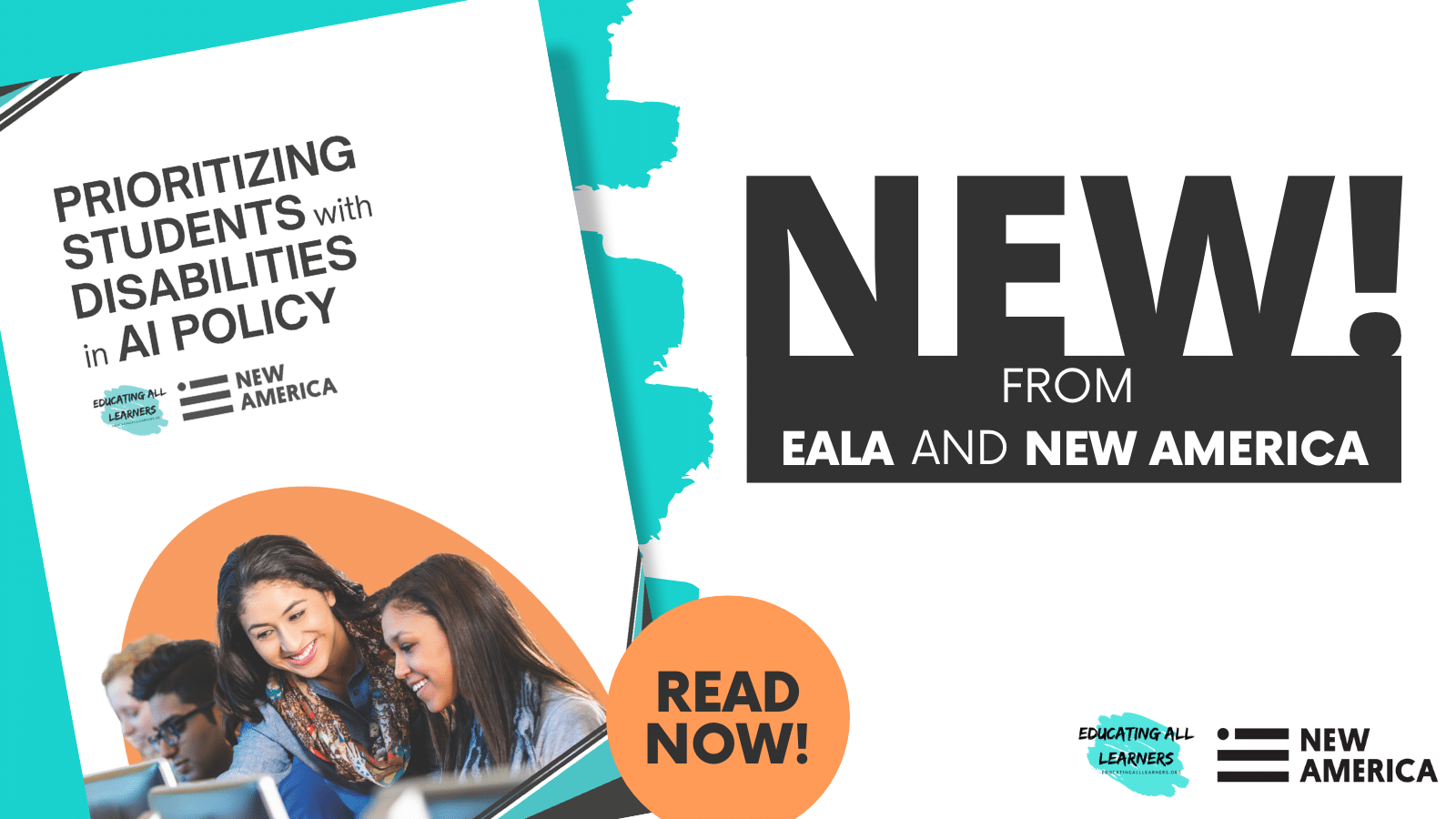A Tale of Two Schools: What Science-Informed, Equity-Centered SEL Looks Like
One of the most powerful aspects of recent scientific findings on how learning happens is that they are practical. Whole-child development doesn’t just sound good in an academic symposium — it works in the classroom and other learning settings. And there are as many ways to implement this knowledge as there are educators to implement it.
Over the last several months the National Center for Learning Disabilities engaged with educators in the field to explore ways that schools in different communities are using a foundation of whole-child development to meet the academic, social, and emotional needs of students with disabilities. The result of our work is two brief but illustrative case studies of how two very different schools are using the science of learning and development to help students with disabilities grow and thrive.
Genesee Community Charter School (GCCS) in Rochester, N.Y., takes a systematic approach to building an environment of trust and belonging in a community with a history of systemic inequality. From its origins in 2001, GCCS has sought to build a diverse and inclusive body in one of the most racially segregated communities in the country. The school originated out of a desire to help dismantle decades of systemic racism and educate more of Rochester’s children together to erase social and academic boundaries in service of educational equity.
To nurture all students to be reflective questioners, articulate communicators, critical thinkers, and skilled problem solvers, the school marries application of the science of learning and development with the staff’s heartfelt dedication to its students. That approach includes: fulfilling a commitment to diversity and full inclusion for students with disabilities; teaching an EL Education-grounded curriculum designed to build social-emotional skills and a commitment to others; regularly assessing students for academic and social-emotional development; providing comprehensive tiered interventions tailored to individual student needs; and staffing and organizing the school to support the curriculum, the interventions, and, most importantly, the students.
Like GCCS, the Girls Athletic Leadership School of Denver (GALS Denver) is focused on creating deeply personalized experiences and environments for students to develop deep content knowledge and practice skills that are aligned with the findings of the science of learning and development. GALS Denver’s philosophy rests on the positive impact of physical activity on academics, social-emotional learning, and lifelong habits. A hallmark of the GALS Denver approach is centering students with disabilities when designing what the school day looks like. “Our students with special needs are not an afterthought; we practice Universal Design for Learning (UDL) in every area of our programming, including movement, core academics, and the GALS Series class when we plan academics, physical activities, and social-emotional learning,” said Director of Instructional Coaching and Curriculum Sara Dishell. “Our prioritization of those students defines us.” Indeed, the built-from-scratch infrastructure and culture of the school are intentionally designed to welcome students with disabilities as vital, fully integrated members of the GALS community. The result? High levels of satisfaction with the support students with disabilities receive.
As exciting as recent research findings on the science of learning and development have been, the creativity and passion with which educators are putting these lessons to work in the classroom is even more remarkable. We hope these case studies will give every educator new insights into how they can best serve students with disabilities.
To find more resources from NCLD on social-emotional learning and students with disabilities, visit www.ncld.org/sel.
